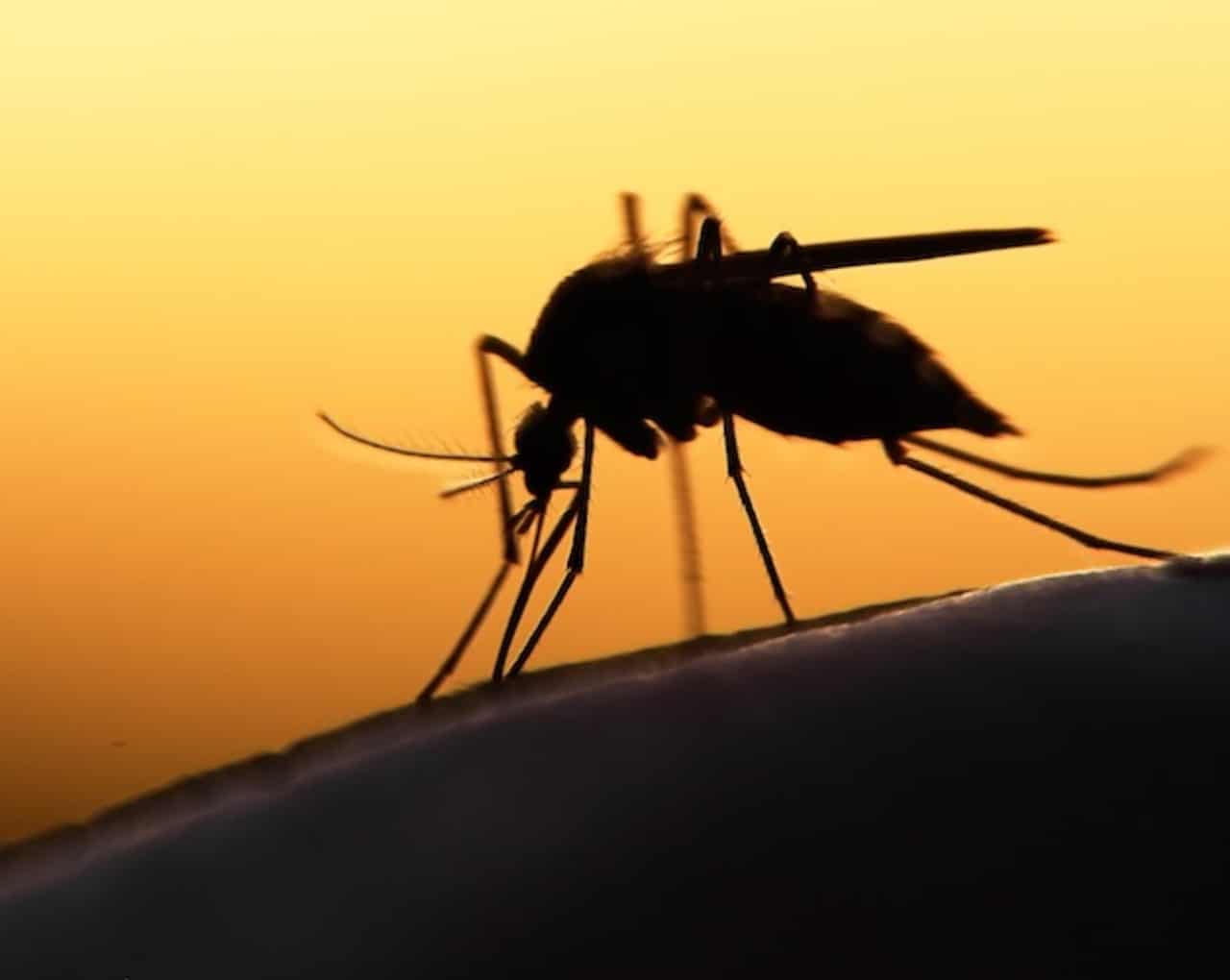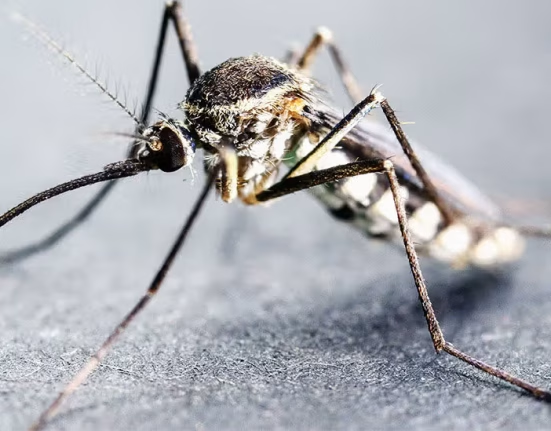Malaria remains one of the most persistent health threats in Nigeria, with recent figures indicating that an estimated nine Nigerians lose their lives to the disease every single hour. This alarming revelation was made by the Society for Family Health (SFH), one of the country’s leading public health advocacy organisations, during a health-focused media engagement held in Abuja.
According to SFH, approximately 97% of Nigeria’s population currently lives in areas where malaria is endemic. The organisation stressed that despite years of nationwide sensitisation campaigns and ongoing intervention efforts, the disease continues to ravage both rural and urban communities, especially affecting children under five and pregnant women.
Health experts at the event described malaria as not just a medical concern but also a major socio-economic burden. They noted that the disease significantly reduces productivity, drains household incomes through out-of-pocket expenses, and places immense pressure on the already overstretched healthcare system. In rural communities where access to medical facilities is limited, many cases go untreated or are managed with substandard medications, further increasing mortality risks.
Speaking on the statistics, SFH officials revealed that Nigeria accounts for the highest number of malaria-related deaths globally, contributing a substantial percentage to the overall death toll on the African continent. The disease, which is preventable and treatable, has persisted largely due to a combination of environmental factors, poor sanitation, inadequate use of insecticide-treated nets, and the growing resistance of malaria parasites to standard treatment protocols.
The organisation emphasized the need for a more aggressive national response, urging both government and stakeholders in the private health sector to scale up investments in preventive tools, early diagnosis, and access to quality treatment. They also called for intensified public education, particularly in hard-to-reach communities where awareness remains low.
In 2024 alone, health data indicated that millions of Nigerians suffered recurrent episodes of malaria, with many households experiencing multiple cases in a single year. SFH maintained that while donor-funded programs have contributed significantly to reducing the burden in recent years, more domestic ownership and accountability are needed to sustain gains and prevent a reversal of progress.
As the rainy season deepens and breeding conditions for mosquitoes worsen, the health agency warned Nigerians to remain vigilant. They advised the consistent use of insecticide-treated nets, proper environmental hygiene, early testing, and the completion of prescribed treatments, even when symptoms subside.
With over 200 million people at risk, malaria remains one of Nigeria’s most urgent public health emergencies. And as the numbers continue to paint a grim picture, the call for a unified and sustained fight against this preventable killer has never been louder.





